Nicaragua’s Political Crisis and Its Impact on the United States
Five years ago, Nicaragua’s authoritarian leaders, Daniel Ortega and Rosario Murillo, cracked down on protests, killing 355 individuals between April 2018 and July 2019. In response, the Inter-American Commission on Human Rights established the Special Follow-up Mechanism for Nicaragua (MESENI) to investigate the regime’s abuses. MESENI has interviewed victims and met with local human rights groups and other civil society organizations that are documenting human rights abuses.
Despite the international scrutiny, the regime continues to repress the democratic opposition. In February, it expelled 222 political prisoners to the United States. It has also targeted the Catholic Church, breaking off diplomatic relations with the Vatican, banning Easter processions, and unjustly sentencing Bishop Rolando José Álvarez to 26 years in prison.
To learn more about the deteriorating human rights conditions in Nicaragua and the implications for the United States and the region, please join us for our conversation. The dialogue is part of the Wilson Center’s Hemisphere of Prosperity and Freedom series.
Select Quotes
Eddy Acevedo
Chief of Staff and Senior Advisor to the President and CEO, Wilson Center
"Democracy and freedom in our region should matter."
H.E. Iván Duque Márquez
Chair and Distinguished Fellow, Iván Duque Center for Prosperity and Freedom, Wilson Center
President of the Republic of Colombia (2018-2022)
"Democracy is not a noun--it's a verb. We have to build it every day and we can't take it for granted. When we see that democracy is threatened, we must act; the whole international community must act."
"The battle for democracy is a battle that has to take place every day and we are all going to support you in order to build a free Nicaragua."
Benjamin Gedan
Director, Latin America Program, Wilson Center
"The Nicaraguan crisis is too often overshadowed by severe economic, humanitarian, and political challenges elsewhere in the Americas."
"Today's grim anniversary must serve as an opportunity to return attention to the consequences of authoritarianism in Nicaragua."
Hon. Mark A. Green
President and CEO, Wilson Center
"The international community can't be indifferent."
"Nicaragua is now the second poorest country in the Hemisphere. Inflation is rising rapidly, as are energy prices and food insecurity, and Nicaraguans are responding the only way they can, in desperation, fleeing the country."
"[This] matters because Ortega's attacks on religious freedom, human liberty, and human decency [are] the most basic of norms."
Félix Maradiaga
President and Founder, Fundación para la Libertad de Nicaragua
"We are firm in our commitment to non-violence. We will achieve a peaceful transition to power through non-violent means and finally rebuild democratic options for everyone."
"We academics are trying to work by a bipartisan perspective, focus on Nicaragua and we are including all the voices that matter."
Fiorella Melzi
Coordinator, Special Monitoring Mechanism for Nicaragua (MESENI), Inter-American Commission on Human Rights
"It's an important message to the international community to pay attention--to pay attention to law changes, [both] internal processes and structurally that can have an effect on the independence of the judiciary that can have an effect on democracy."
Commissioner Stephen Schneck
Commissioner, US Commission on International Religious Freedom
"President Ortega's increasing repression of human rights and civil society has also included a brutal crackdown on religious communities' abilities to practice and express their faith freely and according to their consciences."
Nahal "Halley" Toosi
Senior Foreign Affairs Correspondent, POLITICO
"We've been sanctioning Cuba for decades, Iran the same, and these regimes are not falling."
"Does power make people crazy, or are crazy people just attracted to power?"
Introductions
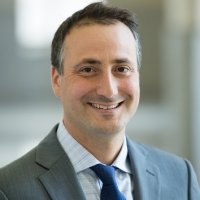

Keynote Speakers
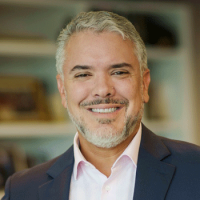
President of the Republic of Colombia (2018-2022)
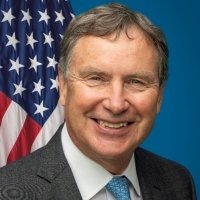
Moderator
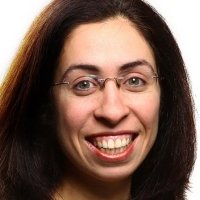
Panelists
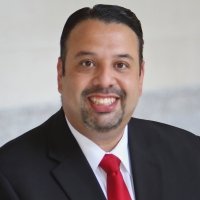
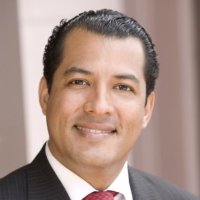
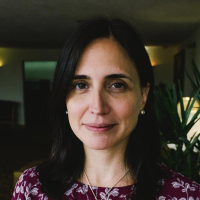
Hosted By

Latin America Program
The Wilson Center’s prestigious Latin America Program provides non-partisan expertise to a broad community of decision makers in the United States and Latin America on critical policy issues facing the Hemisphere. The Program provides insightful and actionable research for policymakers, private sector leaders, journalists, and public intellectuals in the United States and Latin America. To bridge the gap between scholarship and policy action, it fosters new inquiry, sponsors high-level public and private meetings among multiple stakeholders, and explores policy options to improve outcomes for citizens throughout the Americas. Drawing on the Wilson Center’s strength as the nation’s key non-partisan policy forum, the Program serves as a trusted source of analysis and a vital point of contact between the worlds of scholarship and action. Read more
